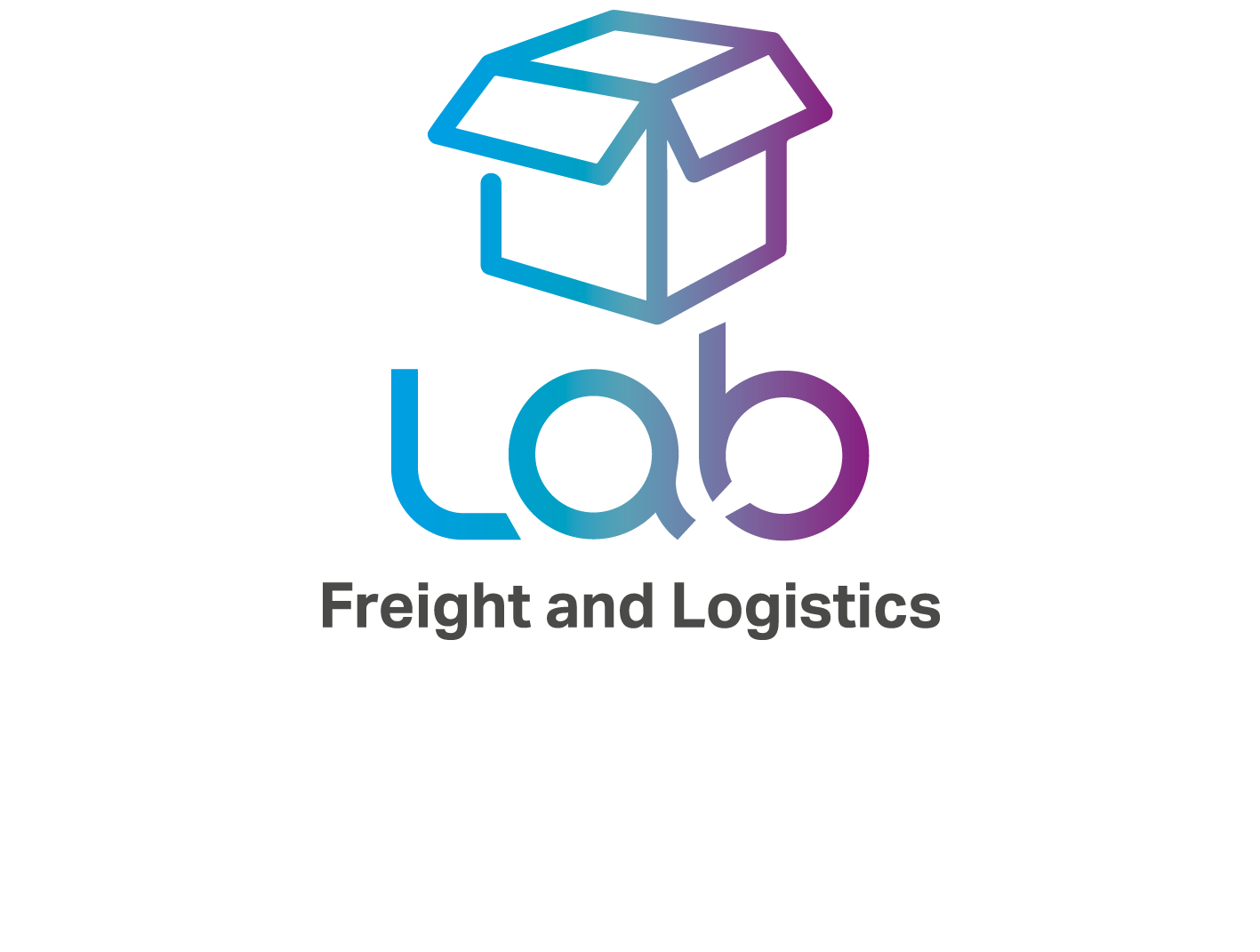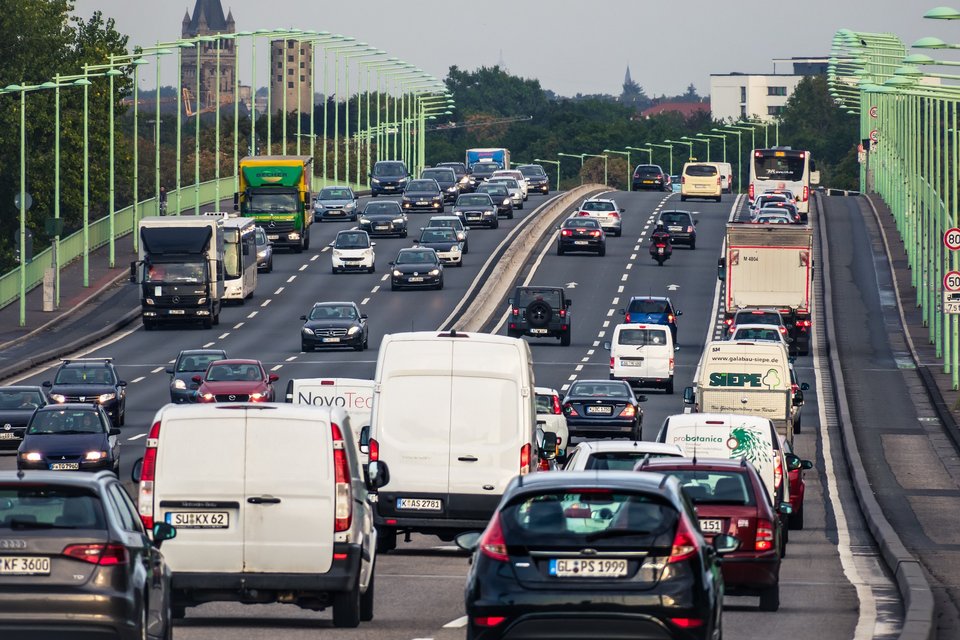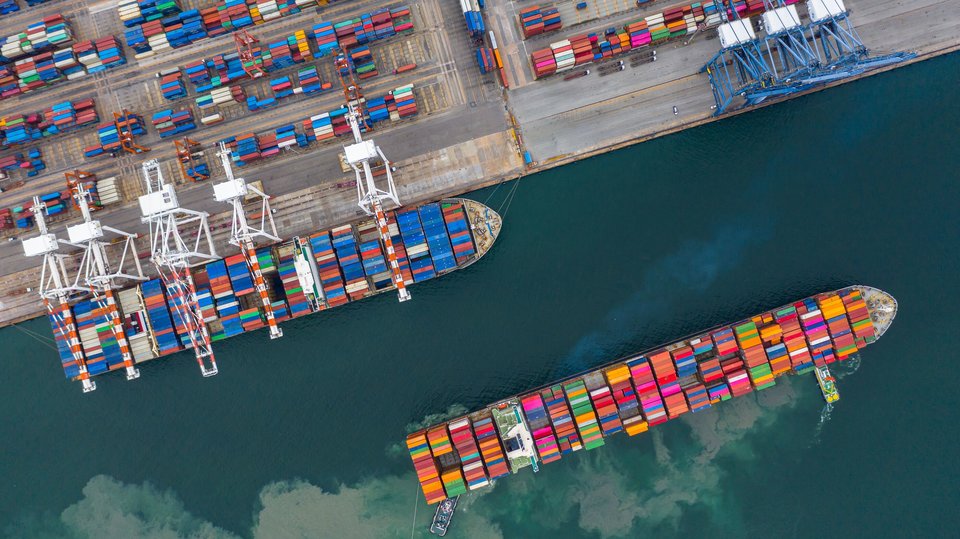Focus Areas
Consumers and industry are both dependent on daily access to goods. Strategic investments in infrastructure networks, smart information technology and an efficient organization of services are all needed to make freight and logistics systems function effectively. Digitalization and globalization of supply chains bring exciting new opportunities to improve service levels in a socially and environmentally sustainable way.
Important objects of research in our lab include automated container transport, ports in the physical internet, optimized air cargo terminals, intermodal and synchromodal transport and sustainable urban freight systems. Researchers investigate behavioral aspects of supply chain decision making, design advanced freight systems and develop mathematical models to forecast flows or optimize logistic networks. Logistics and freight transport are viewed from both the private and public (societal) perspectives, in order to be able to help solve the world’s grand challenges including mobility for people and goods, resilience of economies and environmental and social sustainability.
The key focus areas of the Freight & Logistics Lab include:
Transport & Traffic Flows
Freight transport flows are growing almost one-on-one with the economy and increasingly contribute to traffic congestion and emissions. How is this growth influenced by changes in economic activity related to e.g. e-commerce? What are the impacts of growth on sustainability of transport? How should cities cope with pressure from delivery traffic? How can freight flows be accommodated with infrastructure networks, services of different transport modes and advanced traffic management?
Smart Technology
The increased availability of digital equipment is creating unprecedented opportunities to improve control of transport processes. Which information architectures are needed to support exchange of data and the automation of decisions? How can we optimize the design and autonomous operation of transport equipment, as well as larger systems, like transhipment terminals or transport networks? How to design control of self-organized, autonomous transport systems?
Policy & Management
Freight transport systems have many different stakeholder who make decisions about organization and transport operations, or are affected by it. In order to allow freight transport systems to perform efficiently and effectively, knowledge is built up about these decisions. Which factors are important in logistics decision making, by consumers, manufacturers and service providers? How can these decisions be optimized? Which public policies are needed to help achieve wider societal objectives?
Port & Airport Operations
Ports and airports have a key function in international transport networks of multiple modes of transport. They are large scale, complex hubs, where different actors have to collaborate to synchronize processes including in and outbound transport, storage, transhipment and traffic management. How can these complicated chains of processes be organized to be safe, efficient, resilient and sustainable? What are good ways to organize this collaboration?
Advanced Algorithms
The logistics industry has decades-old experience with the optimization of transport planning and transport operations. Important opportunities arise from the emergence of artificial intelligence and the availability of data concerning the execution of transport. New challenges include: how to make planning and operations more robust for disruptions? How to create scalable algorithms that perform well for exceptionally large (e.g. global transport) networks? Which algorithms allow a collaborative use of distributed data and systems?





